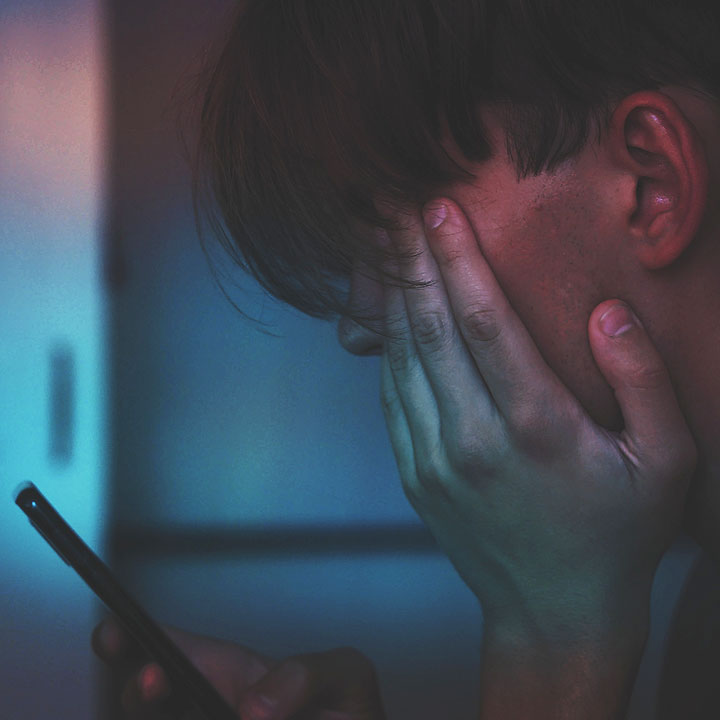Mental health groups launch suicide prevention toolkit for schools

Growth mindset in PHL students among lowest
By Brontë H. Lacsamana
A MANUAL on suicide prevention in schools — in any context, whether virtual or in-person — was launched Friday on World Suicide Prevention Day, in an online event hosted by Bayanihan for Well-Being, a mental health collective made up of psychiatric, pediatric, and counseling associations.
“Studies show that undiagnosed, untreated, or inadequately treated mental health conditions can affect a student’s ability to learn,” said author Dr. Kenneth Ross Javate, a fellow at the Philippine Psychiatric Association. “Conversely, identification and treatment of mental illness improves academic success.”
The Race Against Suicide toolkit contains questions and methods geared toward identifying signs of suicidal thought in any school setting. Using the manual, teachers, guidance counselors, and school administrators should be better able to recognize, classify, and manage potential at-risk situations, said Dr. Javate.
At the manual’s launch, the Department of Education (DepEd) acknowledged the importance of initiatives that address mental health issues among students.
“All personnel who interact with learners can play an important role in keeping them safe. The pandemic has not diminished the critical role of schools as a setting to develop a positive climate and resilience,” said Dr. Maria Corazon C. Dumlao, DepEd School Health Division chief, during the turnover ceremony.
She added that the toolkit supports the mandate of the Republic Act 11036, or the Philippine Mental Health Law, which states that mental health programs should be readily available in schools.
ONE IN FIVE COUNTRIES
In the Philippines, on-and-off surges of coronavirus cases and their ensuing lockdowns have exacerbated mental health issues among the youth.
The United Nations Children’s Fund (UNICEF) noted in August that the Philippines is one of just five countries that haven’t reopened schools since 2020, affecting more than 27 million Filipino students.
UNICEF urged government to speed up the process of reopening schools, starting with low-risk areas and with safety protocols in place, to avoid further learning loss and mental distress among the youth.
Meanwhile, the Department of Health (DoH) is trying to address the gaps in the country’s surveillance and crisis systems in order to produce targeted interventions, according to Dr. Beverly Lorraine C. Ho, director of the Health Promotion Bureau under the DoH.
While the Philippines has a national crisis hotline and regional helplines, there is still a need to provide continuous support in staffing and training, said Dr. Ho in her keynote speech. “We cannot address these gaps in silos. We must further strengthen multisectoral collaborations,” she added.
IMPROVING MINDSETS
Project Ligaya, a research effort by the Asian Institute of Management (AIM) funded by Unilab Foundation, examined how factors such as socioeconomic status affect mental health and found that the growth mindset of Filipino students is among the lowest.
“In the Philippines, 31% of students hold a growth mindset, which is one of the lowest proportions among PISA [Program for International Student Assessment]-participating countries and economies,” said Dr. Ronnel B. King, associate professor of Human Communication, Development, and Information Sciences at the University of Hong Kong, which collaborated with AIM on the project.
A growth mindset is defined as a positive way of looking at one’s intelligence — the belief that one can still grow and improve — while a fixed mindset entails the belief that one cannot. Their study found that those with fixed mindsets tend to have poorer mental health.
Echoing DoH’s Dr. Ho, Dr. King said that a holistic approach to improving mental well-being among the youth involves family intervention, school prevention measures, and research-based government policies.



